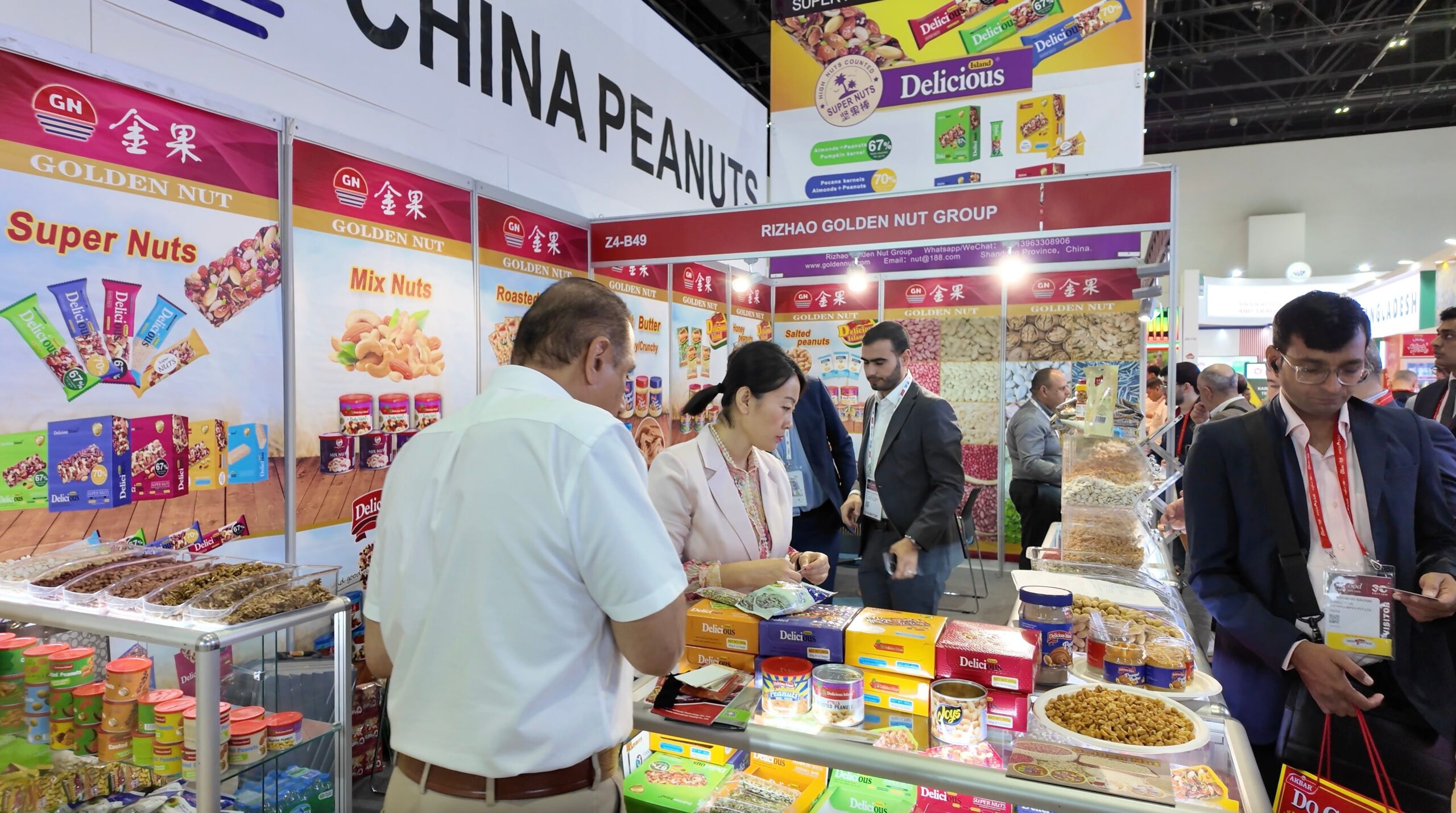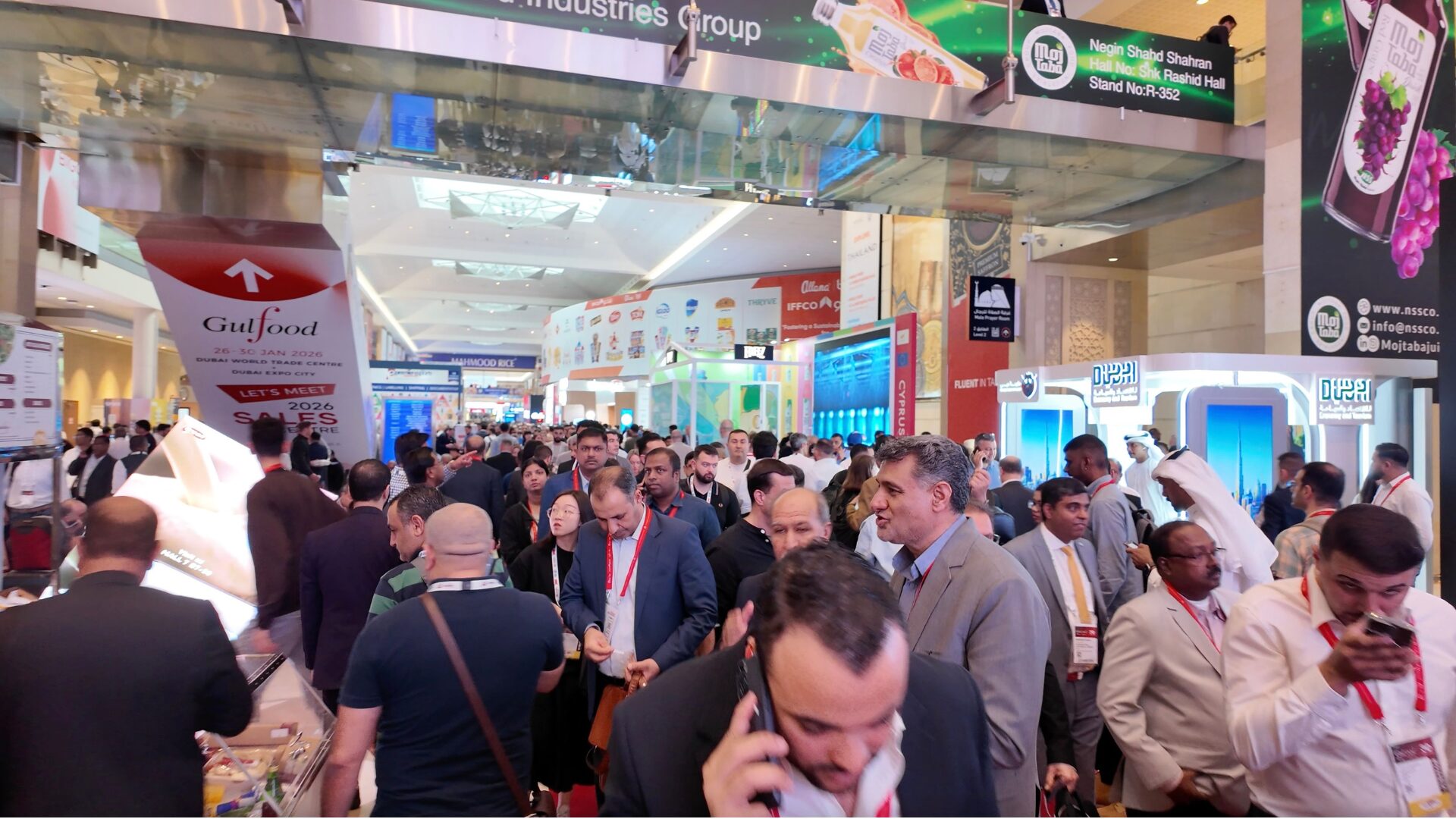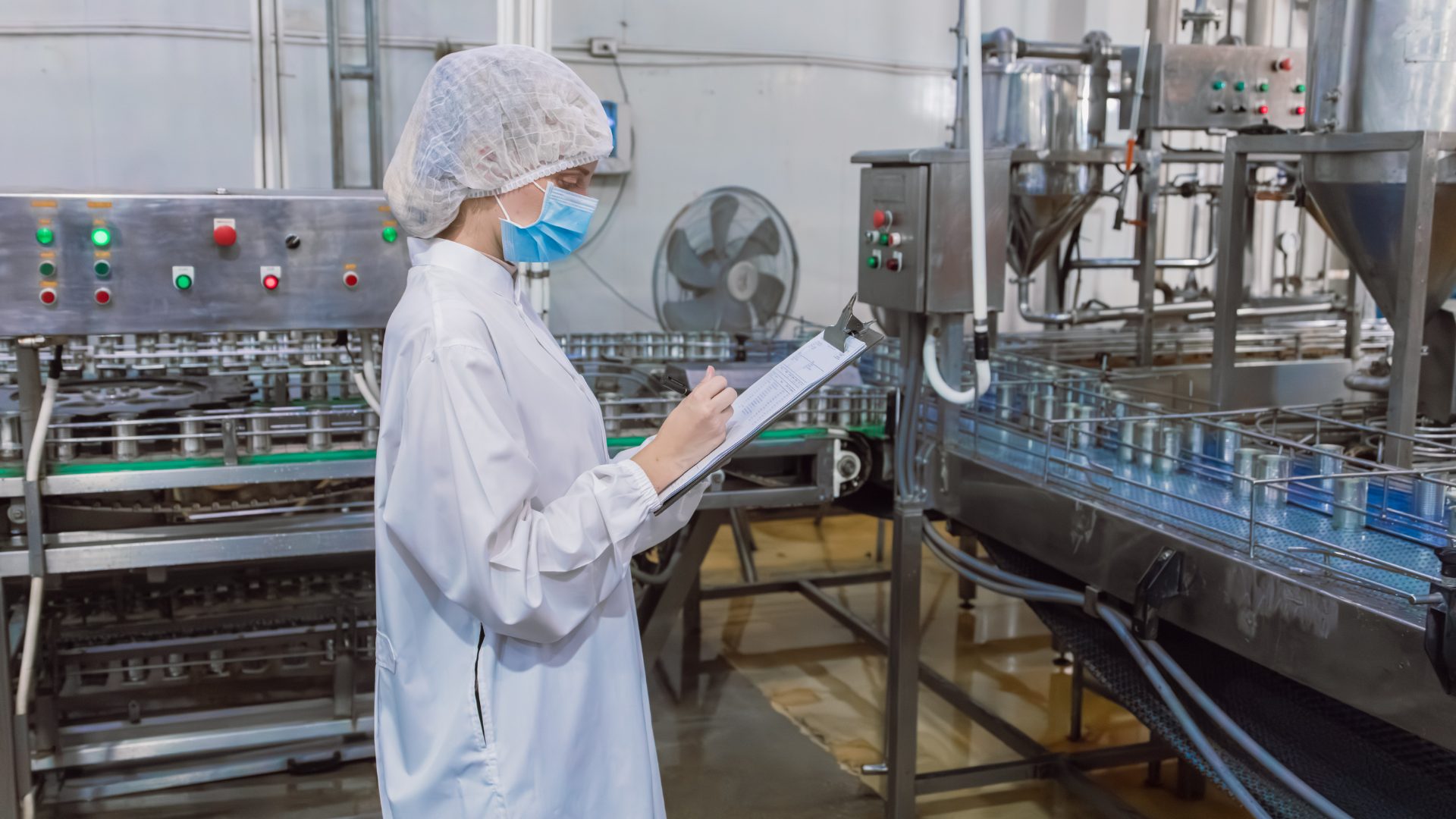DUBAI, United Arab Emirates – Put together dozens of thought leaders, executives, and product manufacturers from around the world, and you’ll hear many of them agree on one thing: today’s global food systems must become more sustainable. That refrain echoed through the halls of the Dubai World Trade Center this week, during Gulfood’s 30th annual Food and Beverage Show.
Keynote speaker Geeta Sethi, advisor and global lead for food systems at the World Bank, highlighted the deep impact F&B can make if efforts are made to reduce companies’ carbon footprint.
“The world can limit warming to two degrees Celsius if food systems become part of the solution, driving sustainability and resilience,” Sethi said.
According to the United Nations Environment Program, land deterioration negatively impacts about 40% of the world’s population. Additionally, an estimated 100 million to 300 million people are at increased risk of natural disasters such as floods and hurricanes due to coastal habitat declines.
For Gulfood, with its 5,500 plus exhibitors from more than 130 countries, the key solutions to many of the world’s environmental challenges lie in tackling food security head-on.
Saud Abu Alshawareb, EVP of Dubai-based real estate developing company TECOM Group, addressed key insights on the UAE’s focus on local food production as part of the entity’s Food Security Agenda for 2051 during Gulfood’s Food 500 education sessions. The agenda itself is a multi-point initiative aimed at creating a sustainable food production system through aspects such as alternative food sources and diversified global food trade.
“[The UAE] is providing a dedicated food and beverage zone of an area exceeding 23.5 million square feet of land purely focusing on food manufacturing companies,” he said. “Localizing … is important for us. How to cover future demand of the growth in population is mainly through having this localization.”
Waste Not, Want Not
Food waste was also a big sticking point in the discussion regarding food security. The Food and Agriculture Organization of the UN states that the world generates about 1.3 billion tons of food waste annually.
Choco CEO Daniel Khachab noted his confidence in limiting this problem through effective, tech-based strategies, in a Food 500 panel titled “What Are the Key Threats To Create A Resilient F&B Landscape.”
“If we enable these companies to waste less … they’re not only helping the planet but also become more profitable,” the CEO said.
Choco provides AI technology-based order-processing solutions for foodservice hubs and food distributors.
“I think that profit and sustainability … can stand in direct correlation with each other,” he added.
In a similar vein, The Food Institute’s CEO and managing partner, Brian Choi, highlighted the need for creative and innovative thinking from executive leadership to face challenges of the F&B landscape, such as sustainability and rising overhead costs.
“CEOs aren’t ready for what’s ahead … they need to be more open to change and evolution, especially when it comes to new, technology-based possibilities,” Choi said.
“It’s all about being flexible and adaptable to change, in order to effectively navigate through the economic landscape in 2025 and beyond.”
Innovation, Flavors Abound on Gulfood Show Floor
Trade was also the name of the game at the show, as exhibitors spanning more than 20 halls showcased goods across categories: from fats and oils to meats and poultry to breads and grains.
Activity was bustling, and innovative tastes stood out as a key trend. Longtime cocktail mixer provider Monin offered unique mixer flavors such as Toasted Marshmallow and Popcorn, and a new line of flavored syrups without added sugar called Pure Monin.
Dubai-based Life Smoothie hit multiple well-known trend drivers, such as diverse flavors and convenience with its single-serve, frozen, and ready-to-blend smoothie packs, mainly targeting the “HoReCa” sector, also known in foreign markets as hospitality, restaurants, and cafes.
“We are offering [a] consistency and flavor that is going to be the same” all the time, said Laura Garcia, senior sales executive for Life Smoothies. “It’s easy for [foodservice employees] to make it and it’s healthy.”
Keeping in line with the show’s overall theme, Vito Oil promoted foodservice sustainability by maximizing cooking oil utility. The company offers an oil management system that cleans and filters used cooking oil, prolonging its usage while increasing workload capacity.
The innovation continued with SKUs such as rice exporter Maharani’s basmati rice for diabetics. The product boasts a low glycemic index level, making it ideal for people with diabetes to consume.
The enduring influence of Korean food on the global stage also made itself known. Not only were there Korean export companies showing off a variety of CPGs and produce offerings, but companies from other countries featured their own versions of Korean-inspired flavors, such as kimchi-flavored ramen and powdered kimchi spice.
Gulfood: A Global Leader
Overall, brand licensing and distribution, product innovation, and a focus on sustainability meant Gulfood 2025 illustrated more than ever that the Middle East is enjoying accelerated growth in the context of the international F&B market.
Abdullah Albader, CEO of Middle Eastern dairy powerhouse Almarai, captured this energy in his keynote interview.
“We are committed to providing high-quality food to consumers everywhere… [with a strong focus on] technology and innovation,” he said. “[We are well-positioned] to stay ahead of the curve.”

RiZhao Golden Nut Group
The Food Institute Podcast
When it comes to data in the food-away-from home sector, what are the major challenges and opportunities companies are facing today? Tibersoft’s Chris Hart joined The Food Institute Podcast to discuss how collaboration and data interoperability will be a key theme for the foodservice sector in the years to come.










